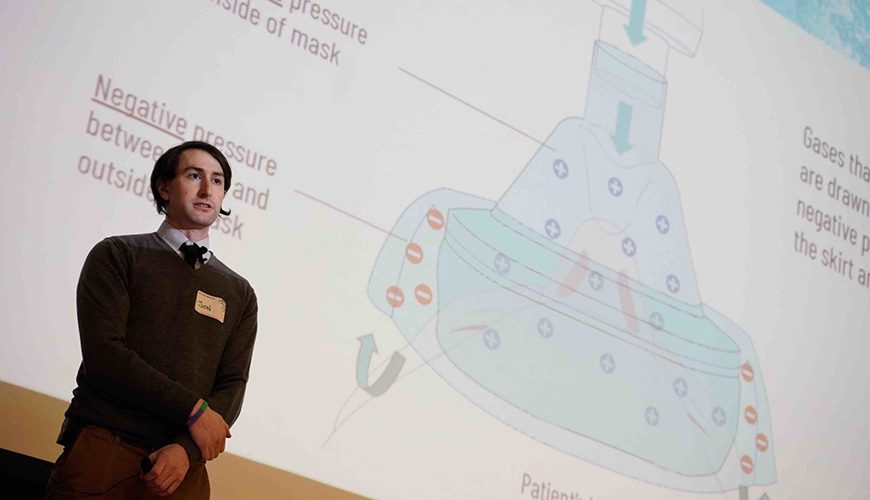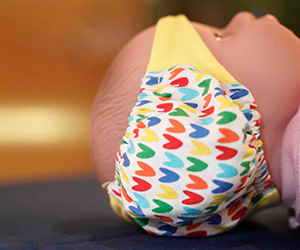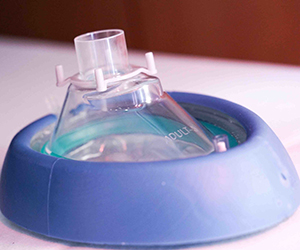Philadelphia is rich in history, thrives artistically and musically, and is a hotbed for healthcare. Cities like New York and Los Angeles often get the spotlight for cutting-edge innovation, leaving other cities and creators out of the conversation. The B. PHL Innovation Fest is aiming to change that.
The festival’s mission is to establish Philadelphia as the most innovative city on the East Coast and to highlight some of the exciting things happening in the City of Brotherly Love. The event’s organizers teamed up with the city, local colleges and universities, nonprofits, Fortune 500 companies, and community outreach organizations, bringing together more than 450 speakers and 200 presentations on topics ranging from the arts, business, education, healthcare, science and technology, and social impact to share their stories and ideas.
Dr. Mark L. Tykocinski, MD, provost and executive vice president for Academic Affairs at Thomas Jefferson University and the Anthony F. and Gertrude M. DePalma Dean of Sidney Kimmel Medical College, welcomed Marc Randolph, co-founder of Netflix, to Jefferson’s Connelly Hall on October 15 to discuss disruption and innovation in long-standing industries. Randolph and Tykocinski were joined by a panel of other innovators throughout Philadelphia to share their experiences.
On October 16, a group of like-minded individuals came together for “The New Normal: Neurodiversity and the Frontier of Inclusion.” The panel featured Jefferson occupational therapy doctoral student, Caitlin Rosica, and other trailblazers in the neurodiversity movement as they discussed how differences in human cognition—such as ADHD, autism, and dyslexia—are normal variations in human diversity, and how neurodiversity plays an important role in nurturing different perspectives in the workplace.
“Our goal was to educate the audience on what has been done specifically in autism hiring thus far and ideate on how we can scale successes to grow more programs that employ and include neurodivergent adults,” Rosica says.


